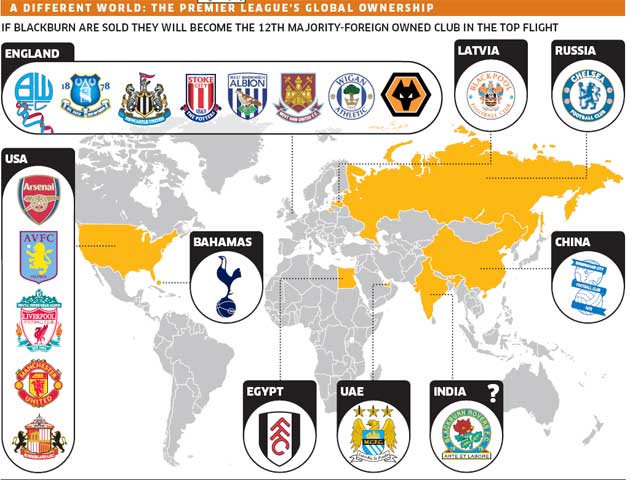Andrew Buncombe: Cricket may meet its match if Premier League passion grows

Your support helps us to tell the story
From reproductive rights to climate change to Big Tech, The Independent is on the ground when the story is developing. Whether it's investigating the financials of Elon Musk's pro-Trump PAC or producing our latest documentary, 'The A Word', which shines a light on the American women fighting for reproductive rights, we know how important it is to parse out the facts from the messaging.
At such a critical moment in US history, we need reporters on the ground. Your donation allows us to keep sending journalists to speak to both sides of the story.
The Independent is trusted by Americans across the entire political spectrum. And unlike many other quality news outlets, we choose not to lock Americans out of our reporting and analysis with paywalls. We believe quality journalism should be available to everyone, paid for by those who can afford it.
Your support makes all the difference.It has always been recognised that because of India's intense, obsessive love of cricket – a passion that sees dusty strips of land across the country packed with children playing with homemade bats and balls – other sports have suffered. Even hockey, which once made a claim to be the country's national sport and at which India has enjoyed considerable Olympic success over the years, has never really come close.
But could that all change if Blackburn Rovers are indeed sold to Venky's, the pharmaceutical and poultry giant located in the central Indian city of Pune? Could India, with an economy growing at more than 8 per cent and with a swelling middle class that has money to burn, represent a vast and largely untapped market for the Premier League? What might this mean for football in India?
The Premier League recognised some time ago the potential of the subcontinent. Last year, Manchester United sealed a five-year sponsorship deal worth £12m with the Indian mobile giant Bharti Airtel. Investment experts at the club commissioned research that found United may have more than 20 million supporters in the country and officials have sought to expand on this by opening football academies in the coastal state of Goa and several official bars, one being in Delhi's satellite town, Gurgaon.
Arsenal have done something similar, while Liverpool have opened refereeing and training courses. Even Sheffield United and Leicester City have forged links with several Indian teams, including those in the state of West Bengal, which along with Kerala, Goa and the north-eastern states has been one of the places where football has traditionally been popular in India. Bayern Munich have also talked of opening an academy in West Bengal.
"India is perhaps one of the biggest markets for the Premiership clubs. There is immense popularity, and surprisingly, the awareness about these clubs is increasing – not just through the players, but the larger aura surrounding them, the history, the immediate past and everything else," says the Mumbai-based sports writer and analyst Venkat Ananth. "Last year, during one of my discussions with the Manchester United communications director, Phillip Townsend, he stressed the importance of tapping the Indian market quickly."
Experts say the growing popularity is linked not only to a new consumer class, which feasted on this year's World Cup, but also the slowly changing fortunes of the national team. Led by charismatic captain Baichung Bhutia and British manager Bob Houghton, India have, for the first time in some while, qualified for the finals of next year's Asia Cup. A good performance there would only boost football's popularity and the market's potential. Cricket might finally have some competition.
Join our commenting forum
Join thought-provoking conversations, follow other Independent readers and see their replies
Comments